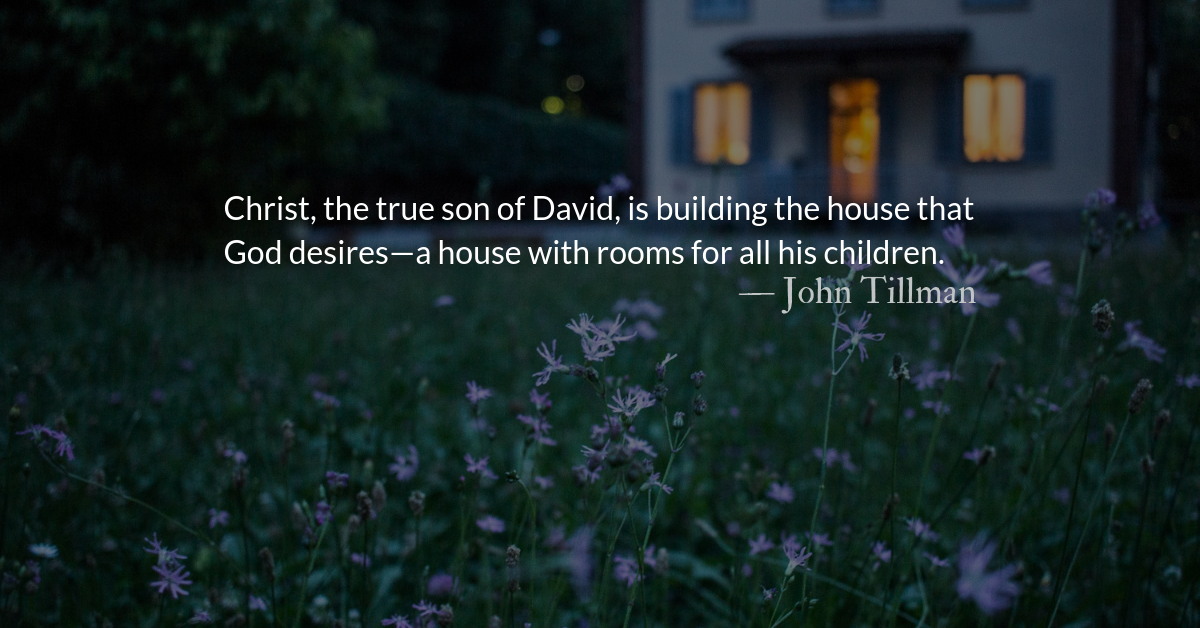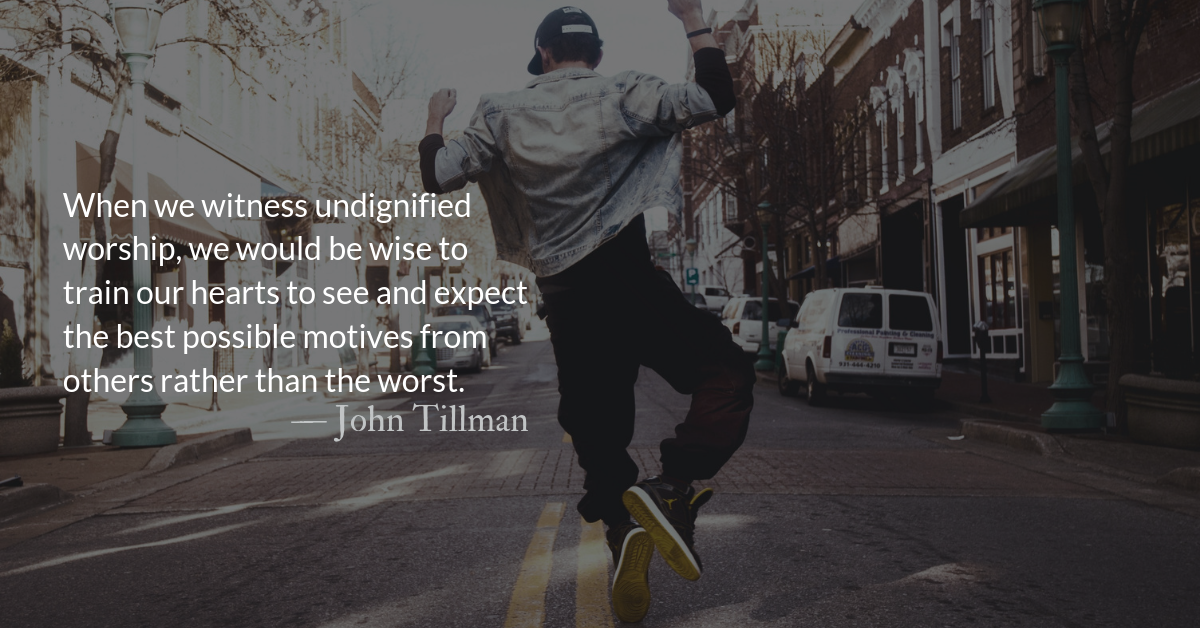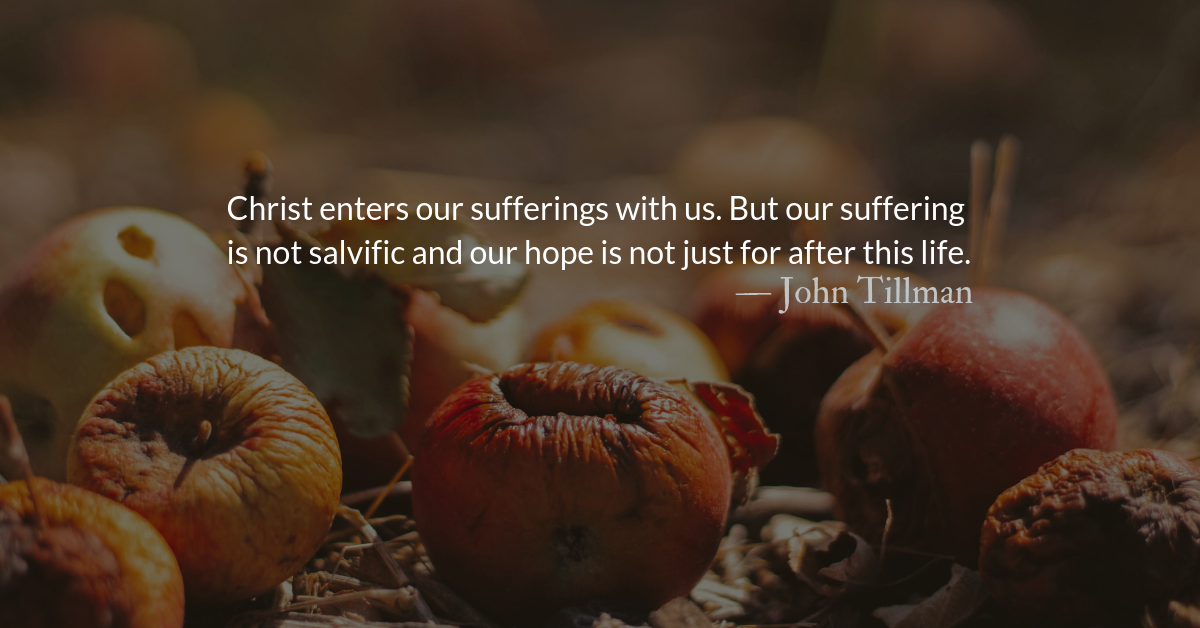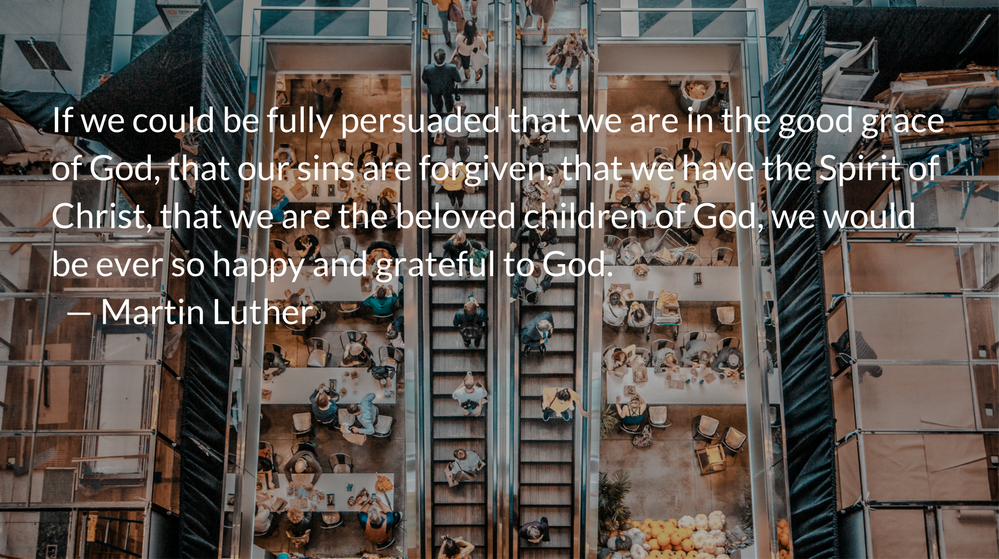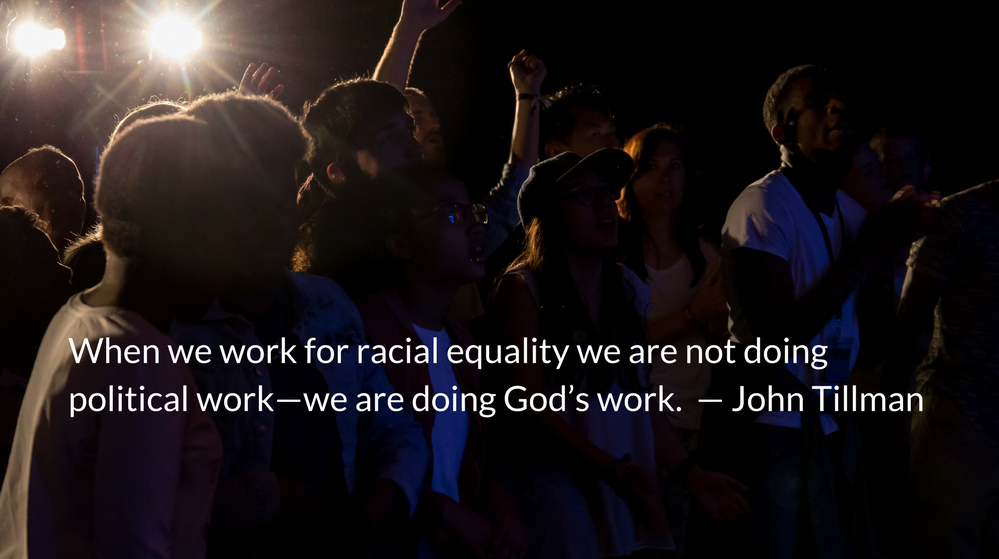Scripture Focus: 2 Samuel 7.12-14
I will raise up your offspring to succeed you, your own flesh and blood, and I will establish his kingdom. He is the one who will build a house for my Name, and I will establish the throne of his kingdom forever. I will be his father, and he will be my son. When he does wrong, I will punish him with a rod wielded by men, with floggings inflicted by human hands.
2 Corinthians 1.20
For no matter how many promises God has made, they are “Yes” in Christ. And so through him the “Amen” is spoken by us to the glory of God.
Reflection: The House God Desires
By John Tillman
Building a “house” for God can be interpreted as an immature understanding of God. Through the prophet Isaiah, God says:
“Heaven is my throne,
and the earth is my footstool.
Where is the house you will build for me?
Where will my resting place be?”
However, God often bears with our immaturity and limited understandings. God accepts the immature like children and leads toward growth and maturity those who will listen. He led immature slaves across the desert. He used imperfect and flawed leaders to guide an imperfect and flawed people.
At the time of David’s request to build a house for the Lord, God is bearing with the immaturity of a nation that refused to be led by God and yearned for a king to be placed over them. Saul was a king in their own image. He was selfish, driven by anger and jealousy, unspiritual, untruthful, and ignorant of how to follow God.
Nathan’s prophecy in response to David’s proposal to build a “house for God” is multifaceted. It touches the immediate future and our future in eternity with Christ simultaneously. The son Nathan refers to is not only Solomon, but all the kings of Israel ending ultimately with the King of Kings, Christ himself.
Despite Israel’s weakness, God chose to show his strength in them.
Despite rebellious immaturity, God chose to set over them (and us) a better king—one in his image.
Despite childish thoughts of God needing a house, God stooped to enter Solomon’s Temple.
Despite the sinfulness of David’s line of descendants, Christ lowered himself to be born the Son of David.
It is in Christ, Paul tells us, that all of God’s promises are, “Yes” and “Amen.” We, like Israel and David, are loved and used by God despite our immaturity and are called toward growth and development of greater faith.
The house we must build for God is in our own hearts.
We build it in hope, with humility and obedience, with repentance and faith.
He stands at the door and knocks.
When we make room for God in our hearts and lives, he will enter.
And when our lives are over, we will awake in the house of God.
For Christ, the true son of David, is building the house that God desires—a house with rooms for all his children. And he has prepared a place for us.
Divine Hours Prayer: The Refrain for the Morning Lessons
Truly, his salvation is very near to those who fear him, that his glory may dwell in our land. — Psalm 85.9
– From The Divine Hours: Prayers for Summertime by Phyllis Tickle.
Today’s Readings
2 Samuel 7 (Listen – 4:26)
2 Corinthians 1 (Listen – 3:52)
Thank You!
Thank you to our donors who support our readers by making it possible to continue The Park Forum devotionals. This year, The Park Forum audiences opened 200,000 free, and ad-free, devotional content. Follow this link to join our donors with a one-time or a monthly gift.
Read more about Slavery to Maturity
Paul describes a liberated nation of Israel who gained political freedom, yet were morally and spiritually fragile.
Read more about Christ: Temple, River, and City
Just because God’s city and temple have only been seen by visionaries and prophets, doesn’t mean they aren’t real or accessible to us today.


